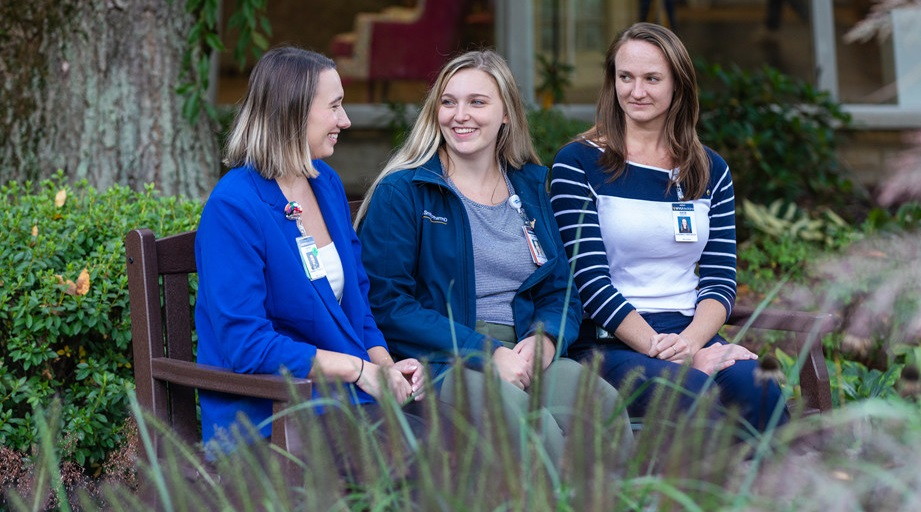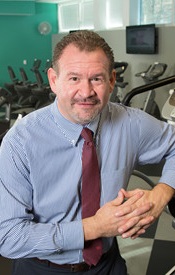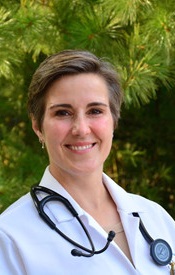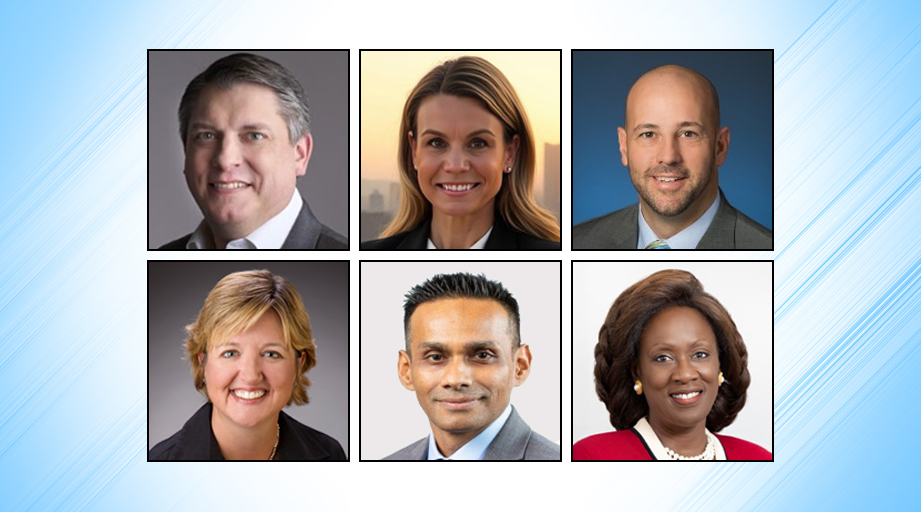
Healthcare professionals have heard plenty about occupational burnout. Yet many still believe that professional well-being means individual resilience.
Not so, say the two physicians leading The Turnout on Burnout: Strategies for Healthcare Well-Being at the 2024 Midyear Clinical Meeting & Exhibition.

“Ending burnout is a management responsibility, not a worker responsibility,” says L. Casey Chosewood, director of the Office for Total Worker Health at the National Institute for Occupational Safety and Health (NIOSH), part of the Centers for Disease Control and Prevention (CDC).
“It’s not about building a stronger canary,” says Stefanie Simmons, chief medical officer at the Dr. Lorna Breen Heroes' Foundation, “but a better coal mine.”
Chosewood and Simmons spoke with the ASHP News Center ahead of the Dec. 8 session, which will feature discussions of the NIOSH Impact Wellbeing campaign and ASHP’s Well-Being Ambassador Program as well as guidance for individuals who want to help make organizational changes to improve well-being. What follows is an edited transcript of their responses.
ASHP: What’s your personal experience on this issue?

Chosewood: It was common during our training in the ‘90s to have shift links of 48 to 72 hours. This “trial by fire” was seen by many as helping us become better physicians, but it led to serious personal challenges: isolation, loss of the support of family and friends, constant fatigue, patient errors, a lack of empathy and caring, and a host of other negative outcomes. Now we know that there is a humane way to train physicians, nurses, and pharmacists that doesn’t involve this rite of initiation that can be potentially deadly.
Simmons: I studied history in college and have always been interested in the reasons that things happen and the large forces that drive society. Through my own experiences with postpartum depression and witnessing the experiences of friends and coworkers who did not receive mental healthcare because of stigma, I became interested in the topic of why healthcare workers would not receive healthcare themselves. It became clear that many of my colleagues were facing burnout because of a mismatch between work demands and work resources. I think our careers always make sense when viewed retrospectively, but I really became interested and became a leader on this issue because of a desire to solve the problems that I saw in front of me and to help the people around me.
Why does healthcare worker burnout persist, even years after the acute challenges of the COVID-19 pandemic are over?
Chosewood: Sadly, some level of burnout is nearly ubiquitous among healthcare workers, and that includes pharmacists. … Our most recent research on this topic from CDC/NIOSH is extremely compelling. It compares multiple components of the mental health of health workers before and after the pandemic, specifically looking at days of poor mental health, symptoms of anxiety and depression, exposure to violence, and how “used up” workers feel. The results were sobering. But we also found hope in this research as well. It was possible for groups of workers to do better if they had a better work culture, consistent supervisory support, a realistic workload, and when they are provided services and resources to help.
What’s your hope for the ASHP members who attend your Midyear session?
Simmons: I hope that attendees will come away with a concrete understanding of the national efforts underway to improve workplace environments, and several actions that they can take as individuals to advocate for organizational and systems change.
Any recommended reading?
Chosewood: Impact Wellbeing™ guide, which includes three new case studies on building a professional well-being team, integrating professional well-being into quality improvement, and developing a long-term professional well-being plan.
Simmons: Read books by other healthcare professionals that resonate with you. I recommend How Do You Feel? One Doctor’s Search for Humanity in Medicine by Jessi Gold. And, finally, listen to or read something that inspires you — it doesn’t have to be about work.








